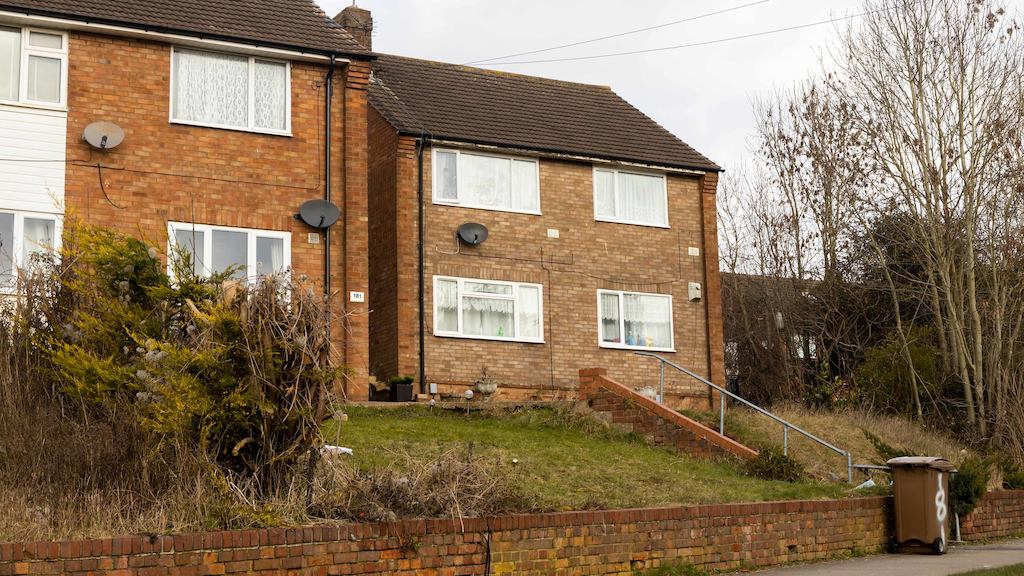Last week, the government published the Social Care Reform White Paper. The Paper rightly recognises that our homes are absolutely crucial to our wellbeing as we grow older. It makes a commitment to putting housing firmly within plans for health and care, with some funding available to make this possible, and makes it clear that we need strong leadership to make sure housing is not left out of our health and care system.
These are all moves in the right direction. Living in suitable housing - warm, comfortable and well adapted - plays a vital role in helping people to live happy, healthy later lives. Yet for so many people, their home is more of an obstacle course than a place of sanctuary. Over 4 million homes fail the basic health and safety tests, and over half of people who live in these are over 55. Poor quality housing costs the NHS £1.2bn a year. Any proposals to improve health and care must overcome the major barriers that people face to access housing that meets their needs.
The vast majority of older people are living in ordinary, mainstream houses and flats – and want to stay there, in their communities, as they grow older. But too many people’s homes don’t meet their needs, putting them at risk. The practical support offered in the White Paper - of a handyperson service for minor changes and repairs to homes - could help someone stay safe and independent in their own home for longer. It is also good to see an increase in upper limit of the Disabled Facilities Grant, and the pledge to support people with the financial advice to make decisions about their future housing and care needs.
The missing piece is how these plans will be delivered – and, in particular, how to ensure that people most in need of support are reached. As part of the Good Home Inquiry, we found that COVID-19 has exacerbated housing inequalities across the country.


